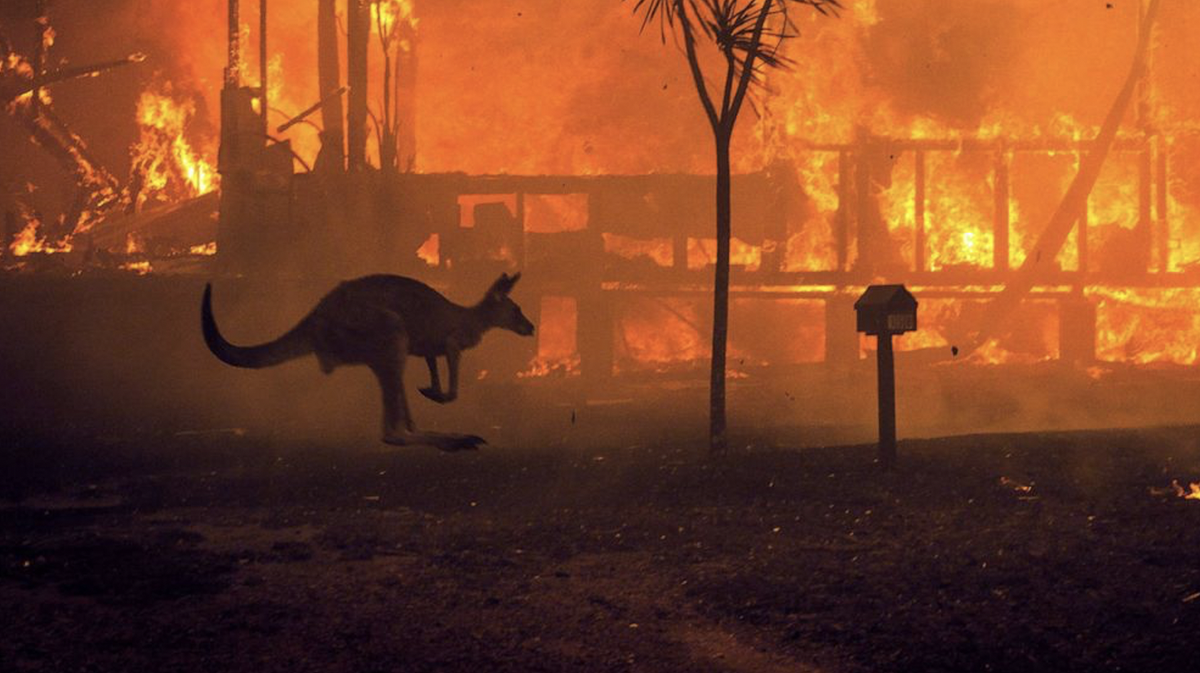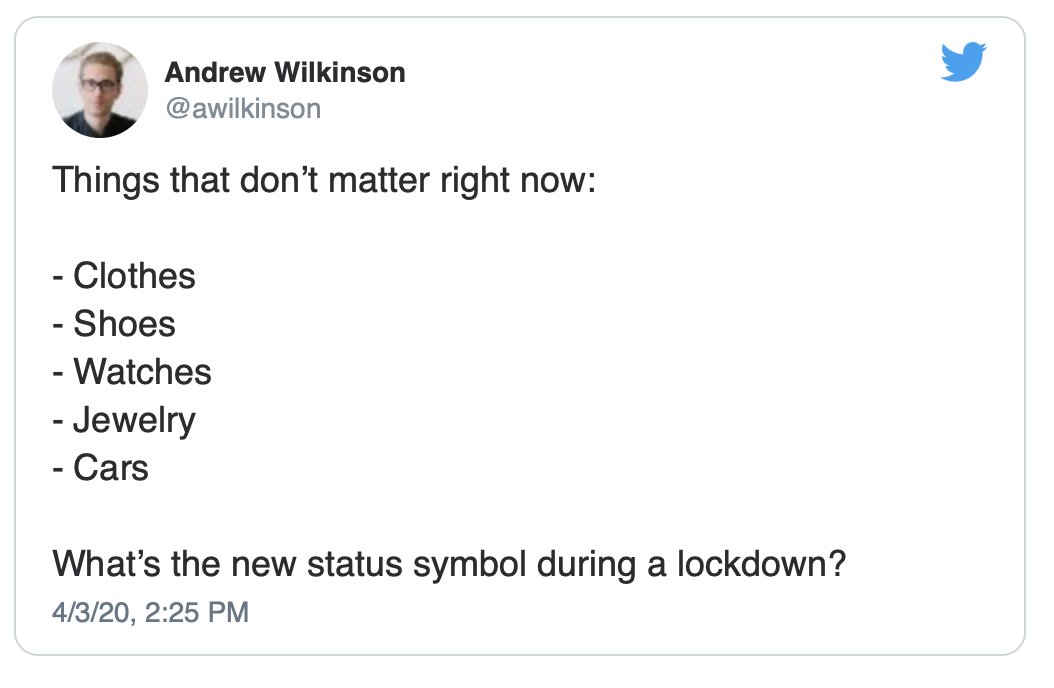
As psychologists say, “It’s the situation, not the person.” The strongest predictor of what people will do is what others around them do. In this thread, I’ll describe what behavioral contagion theory says about how the campaign is likely to play out during the final two weeks. 
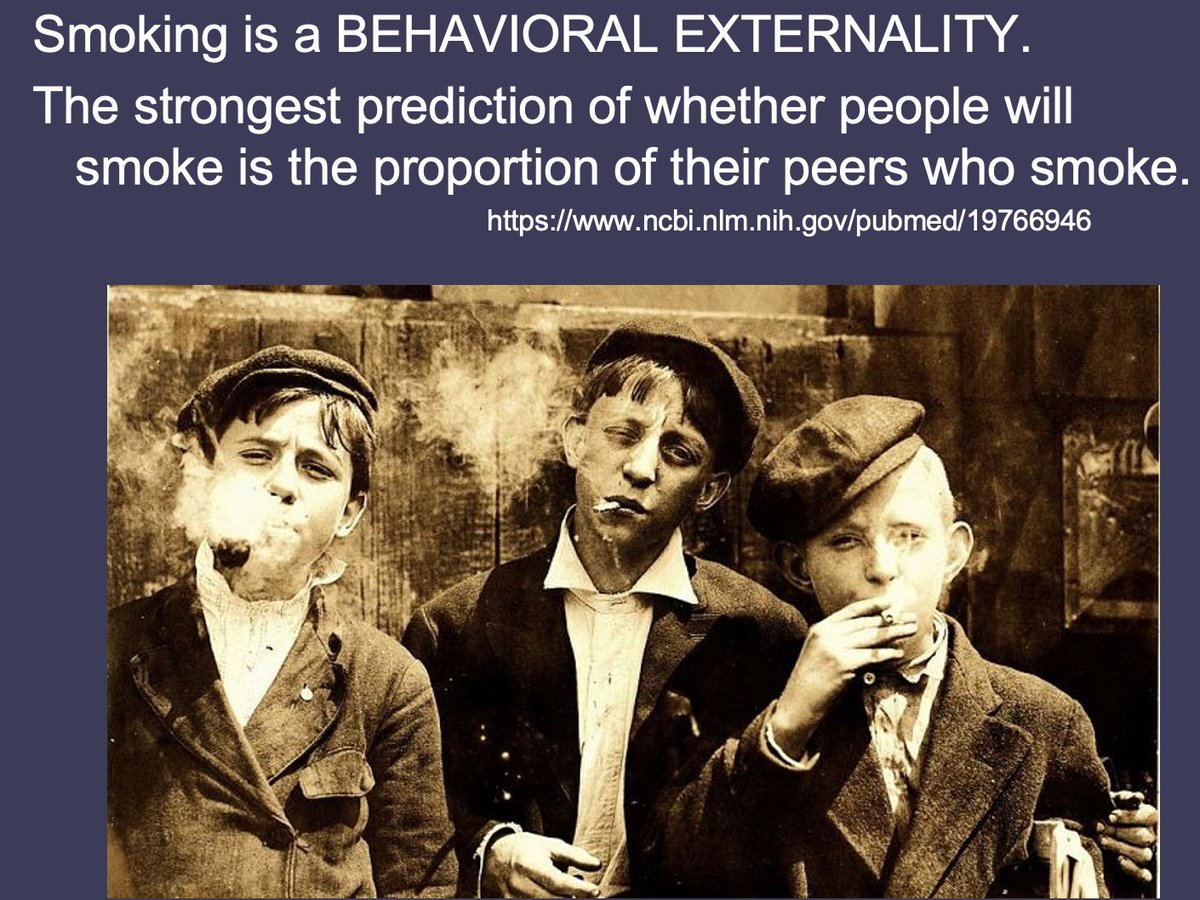
First some background: During the pandemic, I’ve been participating in weekly Zoom calls with former Peace Corps Volunteers who served with me in Nepal during the late 1960s. As among so many of my other friends, there is high anxiety in this group about the election.
During our early calls, prediction markets were pegging the presidential race as a near tossup. That struck me as preposterous, and I tried to explain why. As our conversations unfolded, it gradually became my role on the call to reassure others about Biden’s prospects.
My optimism sprang from a belief that the three crises then unfolding—the pandemic, the resulting economic devastation, and heightened concern about racial injustice—would be durable and that Trump’s response to each of them would be spectacularly ineffective.
That view has proved largely correct. And with polls now having shifted significantly in Biden’s favor, the group’s panic level has fallen a bit. Yet with November 8, 2016 still fresh in everyone’s memory, considerable apprehension remains. 
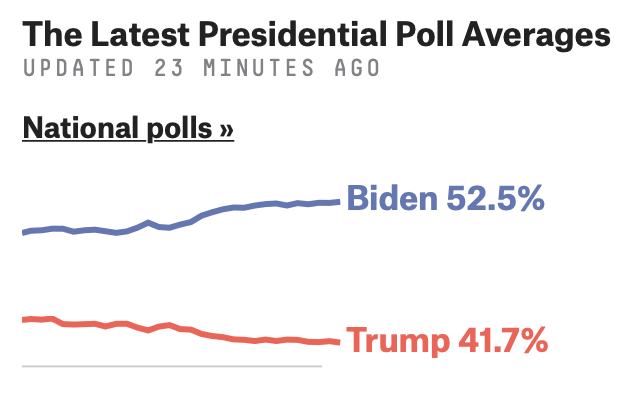
Things could indeed change sharply during the next two weeks. But as I’ll attempt to explain, behavioral contagion theory tells us that any such change is overwhelmingly likely to be in Biden’s direction.
What others do is important because none of us has the information necessary to navigate complex and uncertain environments successfully on our own. Looking to others for clues about what to do is therefore highly adaptive most of the time. The same logic shapes voting choices.
In an earlier thread, I described a simple example illustrating how even a single person’s change of mind could launch a cascade that would completely transform public opinion about an issue:
https://twitter.com/econnaturalist/status/1266021050522972160
A conversational dynamic like the one described in that thread is now firmly under way. Consider, for example, the caustic denunciation of Trump by Nebraska Senator Ben Sasse in a recent conference call with constituents:
Sasse is of course a special case. Although he is up for re-election, the Democratic party has abandoned its own primary winner in the wake of a sexting scandal and is now urging voters to support a write-in candidate. Sasse’s re-election bid is safe. Not so for several others.
Few other GOP senators up for re-election are likely to oppose Trump frontally for fear of alienating his hard-core supporters whose votes they desperately need. But even here, there are signs of slippage. Last week, for example, John Cornyn was cautiously critical of Trump.
Incentives to defect will be far more powerful for Republicans whose immediate fortunes do not hinge on remaining loyal to Trump. Among this group, the number of people speaking out, currently a trickle, will become a torrent:
thedailybeast.com/trumps-taking-…
thedailybeast.com/trumps-taking-…
Former officials in the George W. Bush administration, for example, are now running anti-Trump ads. Public Biden endorsements are also appearing from former national security officials, retired military four-star officers, former Justice Department officials, and many others.
Three of the nation's most prestigious scientific journals--THE NEW ENGLAND JOURNAL OF MEDICINE, SCIENCE, and NATURE--have just taken the unprecedented step of publishing scathing anti-Trump editorials.
slate.com/technology/202…
slate.com/technology/202…
Every such declaration will make it easier for others to desert the president. And with Democrats enjoying a massive cash advantage in the home stretch, each defection will be widely highlighted in closing ads. That
Trump's ship is sinking is now a widespread public perception.
Trump's ship is sinking is now a widespread public perception.
The cake is of course not yet baked. None of this is a reason to feel safe. Trump’s slim remaining hope is for the election to be close enough to challenge in the courts. For his defeat to be certain, it can’t be close. He must lose big.
Alert to the dangers of complacency, the Biden campaign is urging supporters to view the Democratic margin as razor thin. They needn't worry. The lingering trauma of 2016 all but guarantees heavy turnout by Democrats and independents, no matter what polls say.
It’s also reassuring that the number of undecided voters, already small by historical standards, has been shrinking day by day. As David Sedaris described such voters in an earlier essay, 
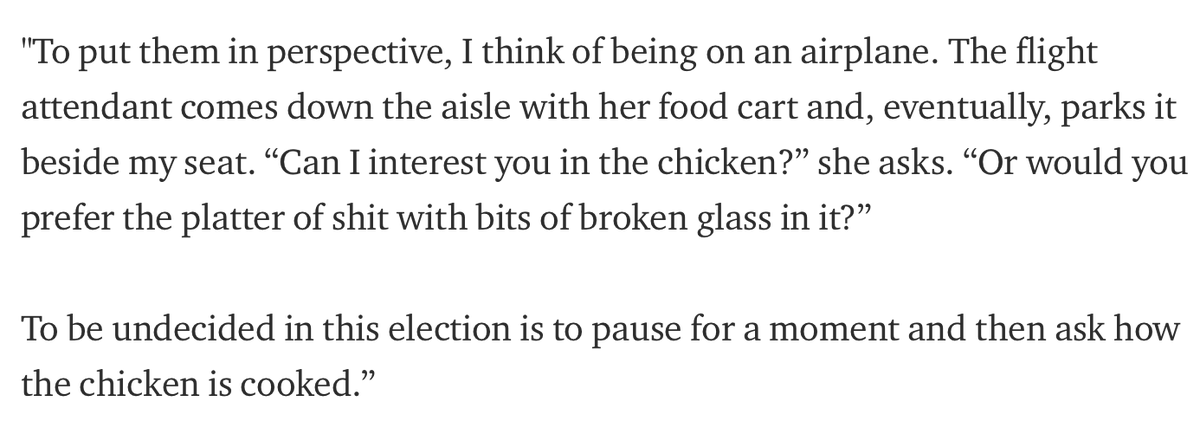
With two weeks left to go, there are countless down-ballot candidates that need our support, if you can afford to contribute. There are phone calls to make, letters and postcards to write. With a strong finish, we can deliver the humiliating defeat that Trump so richly deserves.
• • •
Missing some Tweet in this thread? You can try to
force a refresh


